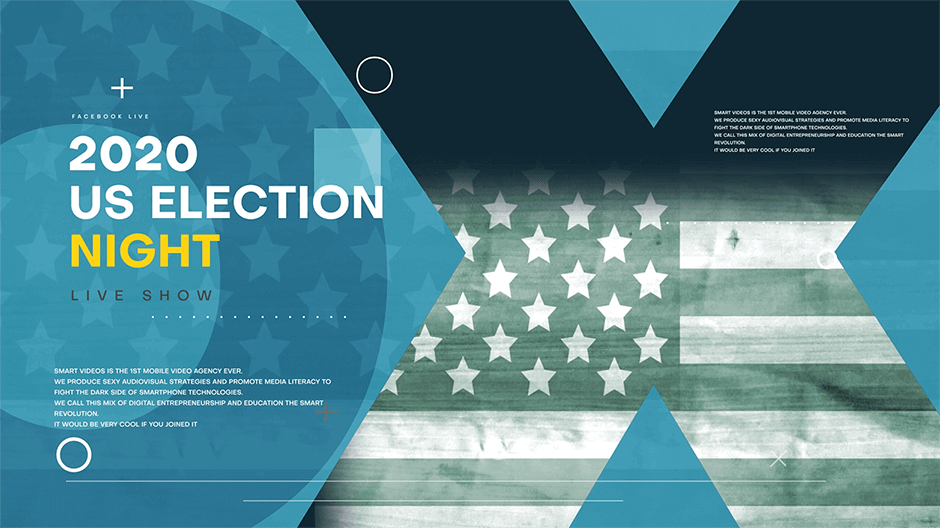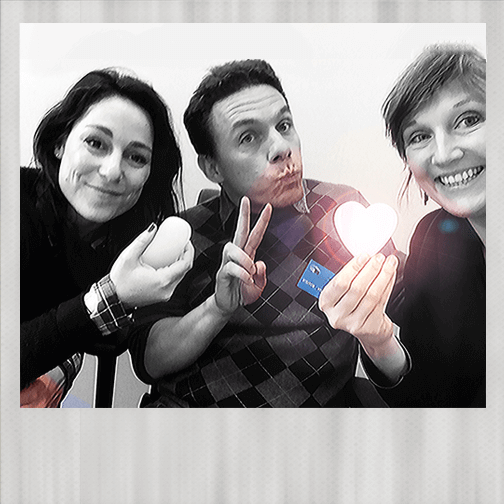What is the difference between teaser and trailer?
In general, a teaser should offer a glimpse, a trailer should be longer and give more details.
Whatever I call it, it’s a matter of adrenaline.
In general, a teaser should offer a glimpse, a trailer should be longer and give more details.
Whatever I call it, it’s a matter of adrenaline.
It doens’t matter how you call your video production, as long as you are aware of the potential benefits of each of these two exciting video formats.
A teaser lets you know in less than 30 seconds that something is coming soon (a film but also a conference).
Instead, a trailer lasts 1 to 2 minutes and tries to convince you to take action.
A teaser is meant to make people aware, the first step of a customer journey (“now I know”).
A trailer prompts users to evaluate with more details and context (“should I?”).
Teasers are a derivative video output and rely more on psychology than on editing.
A trailer is an autonomous video production, requiring complex work of subtraction and reinvention.

Generally, nothing grabs a viewer’s attention as much as the desire to see how it will end: a cliffangher, a twist, a missing piece of information that will only be revealed in the following episode.
For this reason, in marketing, teasers, trailers and TV commercials create awareness but also build loyalty.
The production of a teaser, a trailer, a commercial within a company can improve not only public relations, but also internal communication.
To this end, in our productions, we always ask employees to play as actors and actresses.
Hence, the success of such a product depends on the complicity between the people involved in the filming.
If the staff does not decide to participate on a voluntary basis, it is better to choose a different video solution.
On one had, the TV commercial is a form of outbound communication typical of pre-web marketing. On the other hand, we are talking about a format that is familiar to the public, even the youngest audience.
Therefore, producing a TV commercial for the web means aligning a traditional language with today’s opportunities for targeting, interaction and data collection.
Above all, what I need is an idea, one that is simple and easy to adapt. The commercial can thus become the epicentre of a communication strategy, made up of visuals, landing pages and special offers.
This simple idea has to be built around the value proposition. In fact, repetition is the mechanism exploited by television advertising.
On the web, repetition must be about the value proposition.
Teasers, trailers, and TV ADs are one of several alternatives I can choose from: in order to achieve my communication goals, I need to start making one smart video per month.
MORE FEATURES
In a word, the world of communication often lacks the most important ingredient: courage.
Sometimes, clients are afraid to scare their audience with an out-of-character format.
And yet, this audience are human beings, raised on bread and television, like everyone else.
To begin with, it is right to maintain a practical and pragmatic approach. Yet, every now and then, it is important to refuel at the dream factory to win the esteem of my audience.
In the same way, a teaser, trailer, or TV AD is a video solution that aims at suspense and the audience’s fear of missing out.
Hence, I can use this tension to start a conversation.
No teaser, trailer or TV advertisement can do without a proper launch strategy. In fact,the publication strategy of the video has a decisive influence on its success.

To achieve my communication goals, I have to make videos regularly.
I can sign up for a monthly plan and receive one teaser, trailer, or TV AD per month.
Or I can look for inspiration on this site and do it myself.